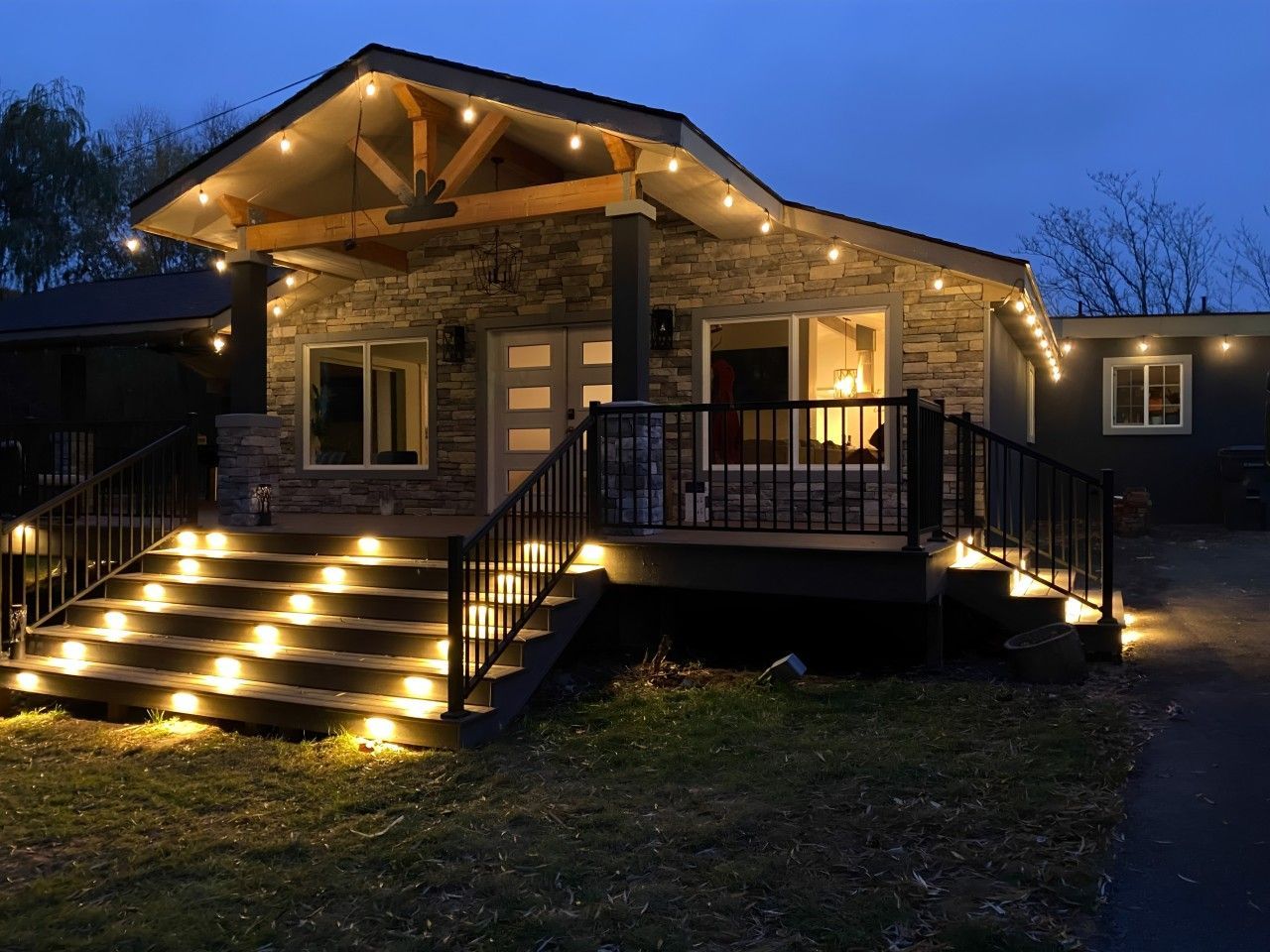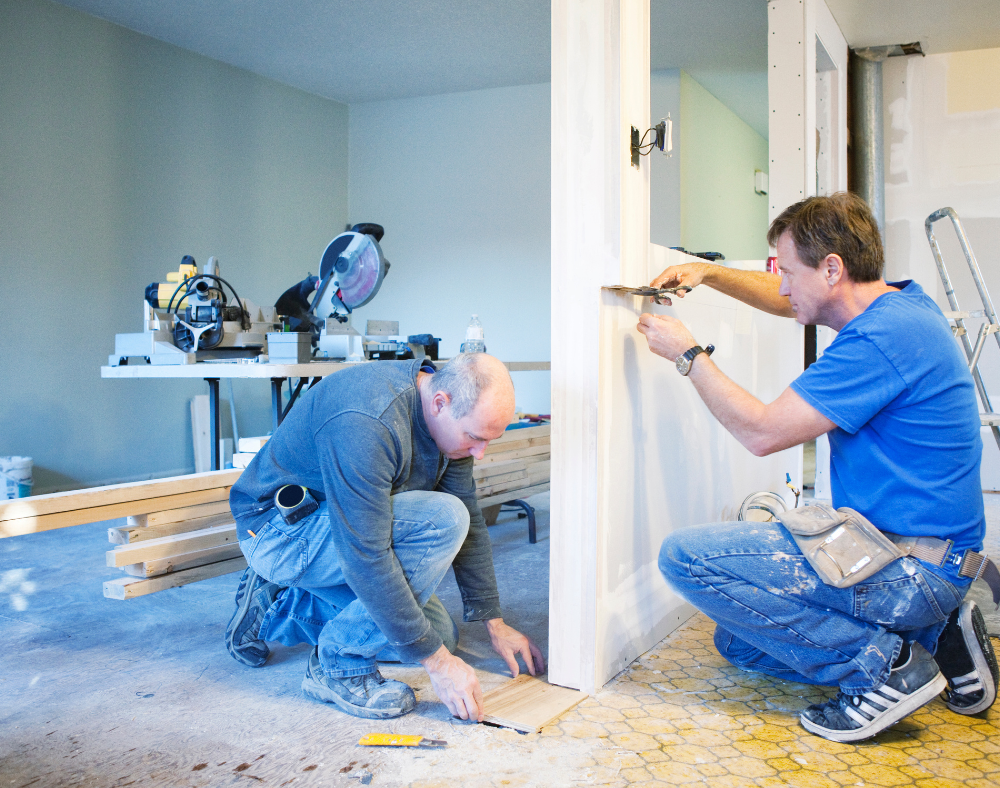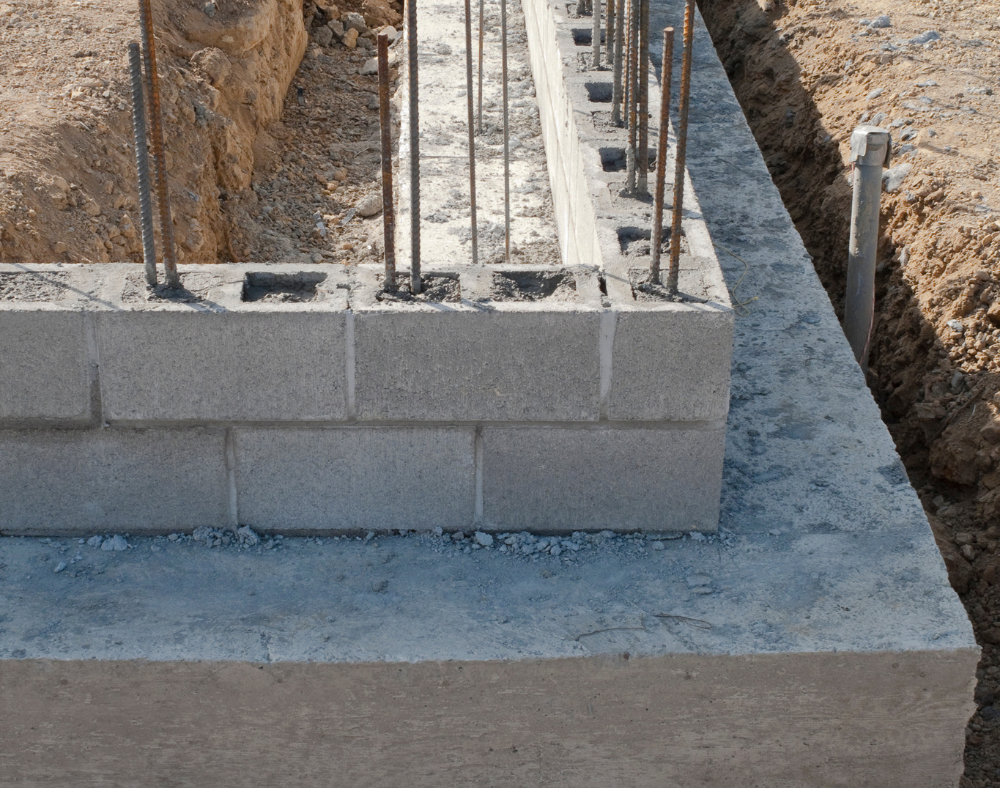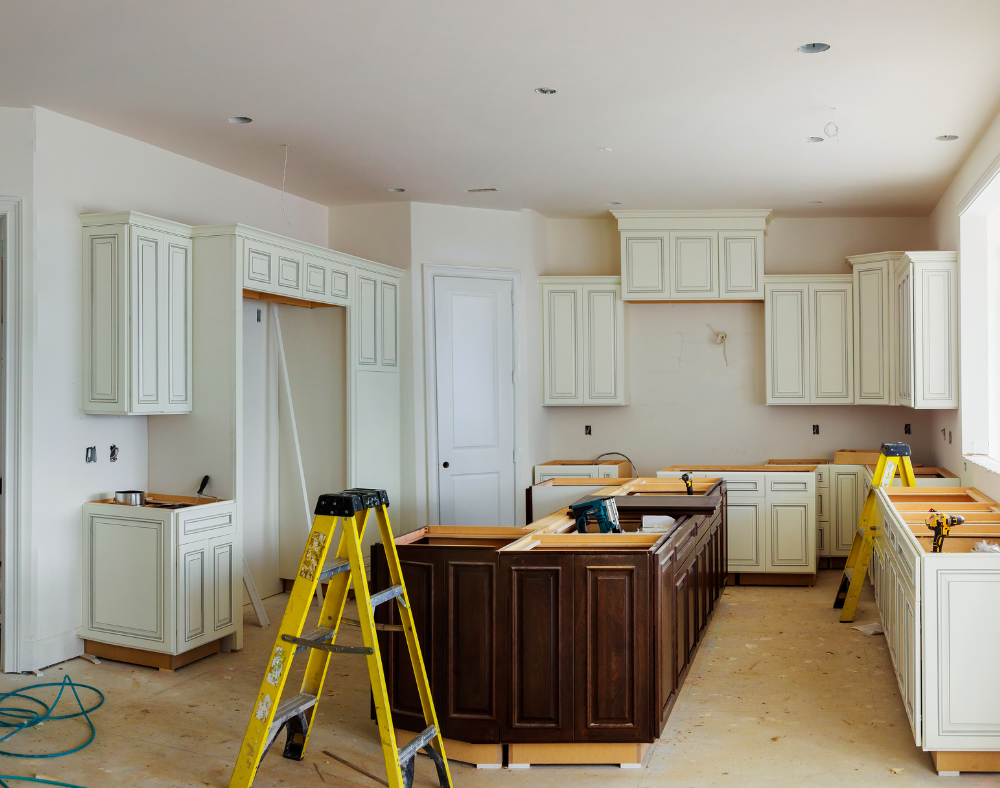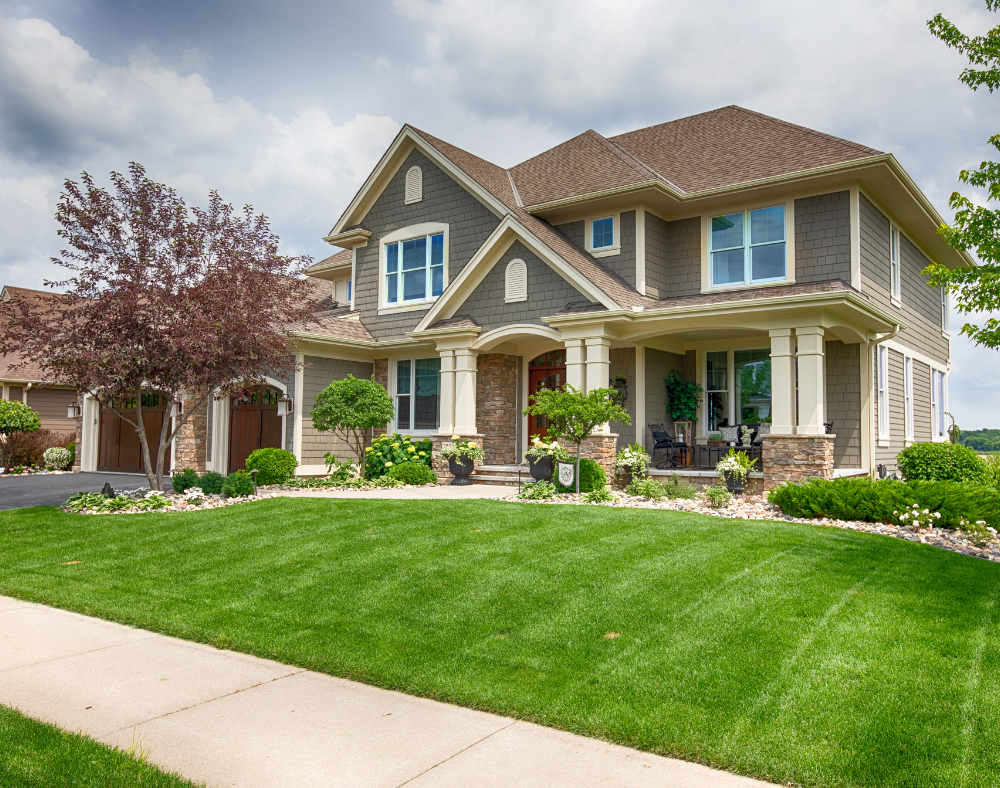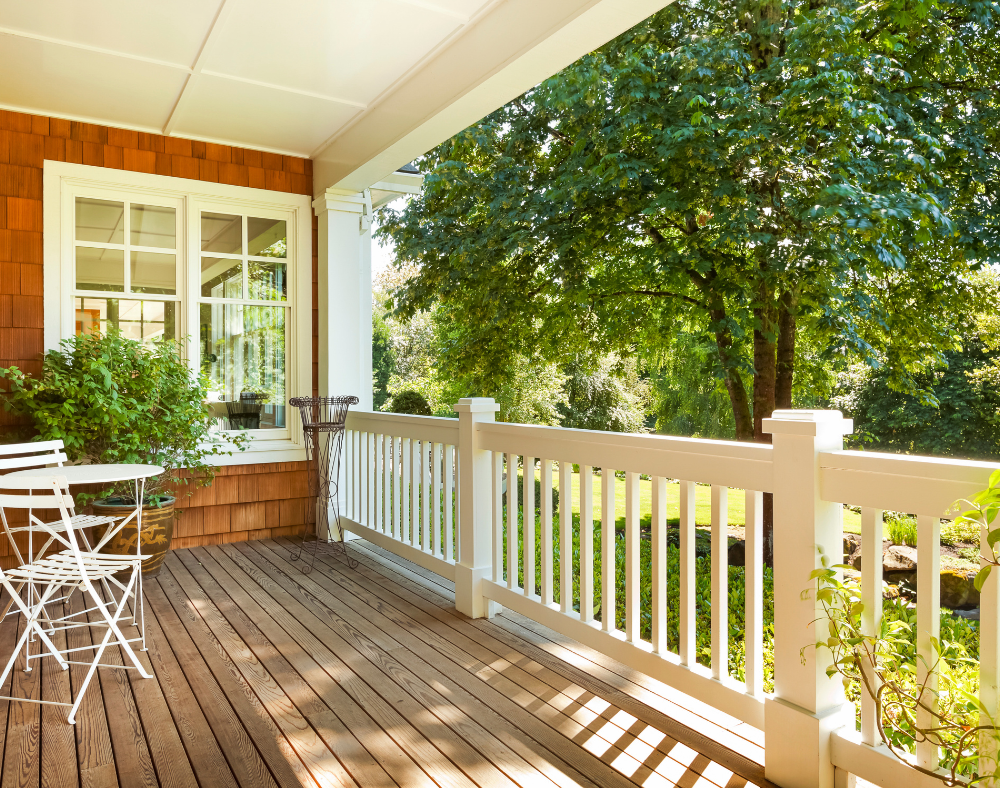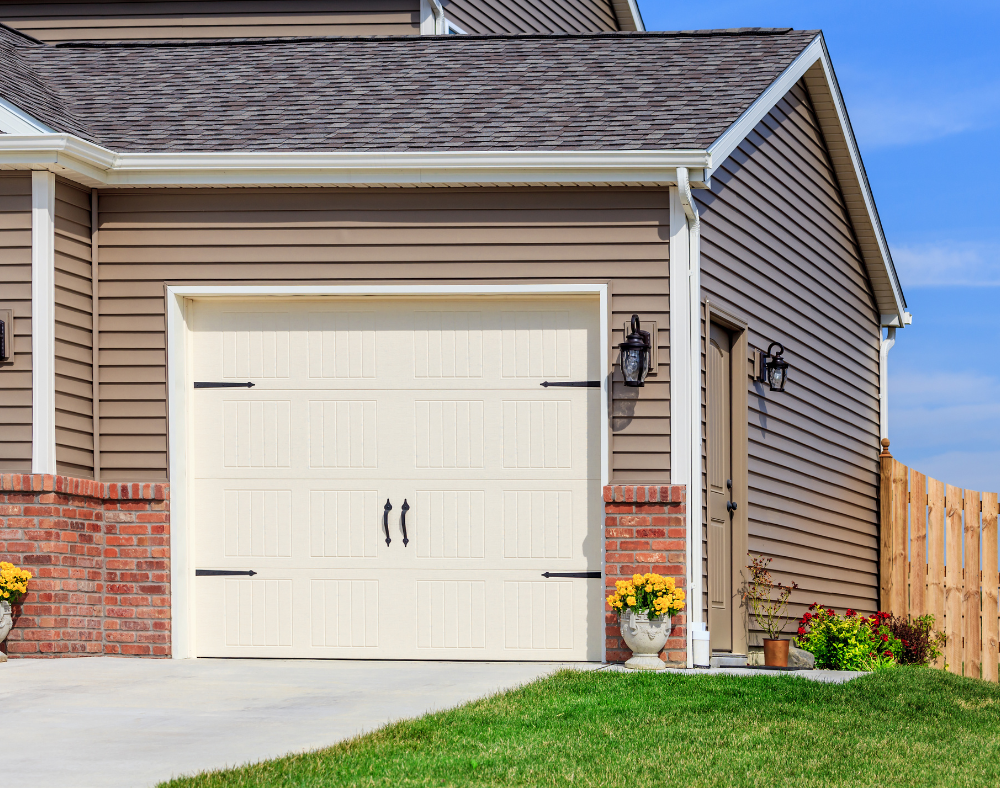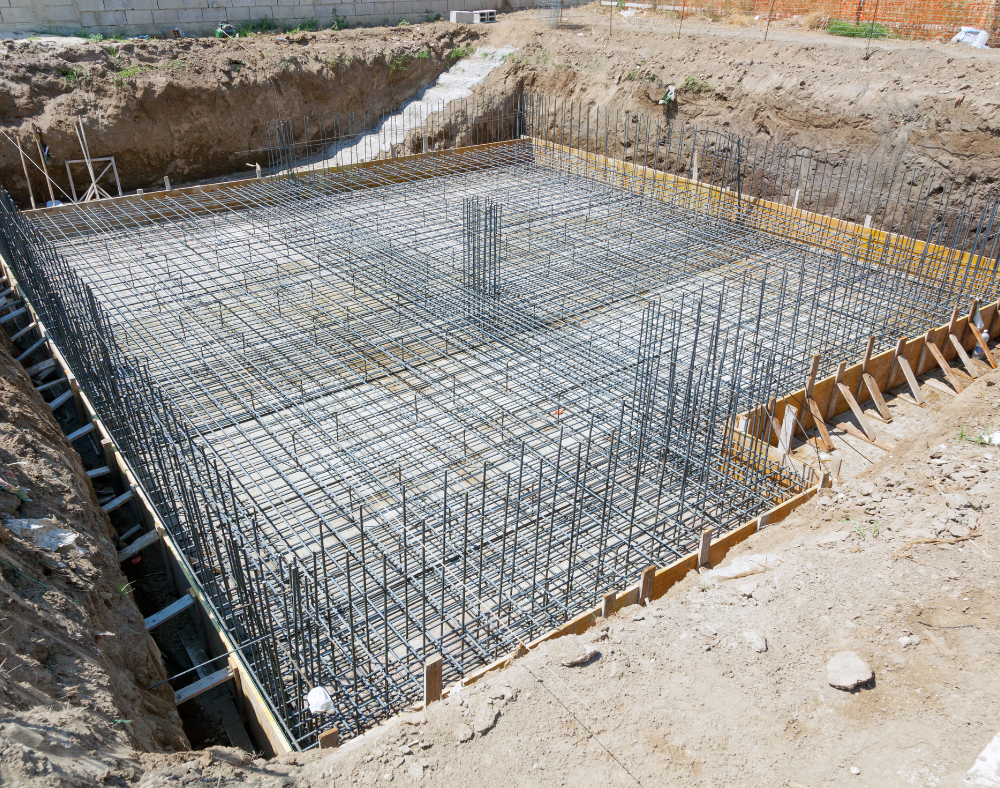Maximize Your Budget, Choose the Right Professionals, and Ensure Safety and Security with Expert Tips
Introduction
Building or renovating a house is a major undertaking that involves numerous considerations and decisions. From maximizing your budget to ensuring safety and security, there are several key factors to consider before you embark on your construction journey. In this comprehensive guide, we’ll explore essential considerations to help you prepare for a successful project, including budgeting tips, the importance of hiring the right construction professionals, and ensuring the safety and security of your new home.
1. Maximizing Your Budget: How to Get the Most Out of Your Investment
Effective budget management is crucial to the success of any construction project. Knowing how to allocate your funds wisely can help you achieve your vision without overspending.
Budgeting Tips
- Create a Detailed Budget:
Start by listing all potential expenses, including materials,
labor, permits, and unexpected costs. Use a budgeting tool or spreadsheet to keep track of these expenses. The
Balance provides a detailed guide on creating a construction budget.
- Prioritize Your Needs:
Identify which aspects of the project are most important to you
and allocate your budget accordingly. Consider making compromises on less critical features to stay within budget.
- Get Multiple Quotes:
Obtain quotes from several contractors and suppliers to compare prices and ensure you’re getting the best deal. HomeAdvisor offers tips on getting accurate quotes.
- Plan for Contingencies:
Set aside 10-15% of your budget for unexpected costs that may arise during construction. This will help you avoid financial strain if unexpected issues occur.
2. The Importance of Hiring the Right Construction Company and Contractor
Choosing the right construction company and contractor is one of the most critical decisions you’ll make. The professionals you hire will significantly impact the quality, timeline, and overall success of your project
.
Finding the Right Professionals
Set aside 10-15% of your budget for unexpected costs that may arise during construction. This will help you avoid financial strain if unexpected issues occur.
- Research and Referrals:
Start by researching local construction companies and contractors. Ask for referrals from friends, family, or real estate agents. Angie’s List offers reviews and ratings for contractors.
- Check Credentials:
Ensure that the contractors you consider are licensed, insured, and
have a good track record. Verify their credentials and ask for references from previous clients.
- Interview Multiple Candidates:
Meet with several contractors to discuss your project and get a sense of their approach, experience, and communication style. Builder Magazine provides tips on interviewing contractors
.
- Review Contracts Thoroughly
Carefully review the contract terms, including the scope of work, payment schedules, and warranties. Consult with a legal professional if necessary.
3. Safety Matters: Ensuring Your House Meets Safety Standards
Safety is a top priority when building or renovating a home. Ensuring that your property complies with safety standards will protect both the occupants and the structure itself.
Key Safety Considerations
- Building Codes and Permits:
Ensure that your project complies with local building codes and regulations. Obtain the necessary permits before starting construction. National Institute of Building Sciences provides information on building codes and permits.
- Structural Integrity:
Work with professionals to ensure that the design and construction
methods used will provide a safe and structurally sound building. Regular inspections during construction can help identify and address potential issues early.
- Fire Safety:
Incorporate fire safety measures such as smoke detectors, fire-resistant materials, and safe electrical wiring. NFPA offers guidelines on fire safety in buildings.
- Safety Equipment:
Use appropriate safety equipment during construction and ensure that workers are trained in safety protocols.
4. Insurance and Security: Protecting Your Investment
Securing insurance and implementing security measures are essential for protecting your new home and investment.
Types of Insurance
- Builder’s Risk Insurance:
This insurance covers damage to the property during construction. It typically includes protection against fire, theft, and vandalism. Investopedia explains builder’s risk insurance in detail
- Homeowner’s Insurance:
Once construction is complete, switch to a standard homeowner’s insurance policy that covers property damage, liability, and personal belongings
- Extended Warranties:
Consider purchasing extended warranties for major systems and appliances to protect against future issues.
Security Measures
- Security Systems:
Install a security system with features such as alarms, cameras, and motion detectors to protect your home from break-ins. ADT provides information on modern home security systems.
- Locks and Access Control:
Use high-quality locks on doors and windows, and consider smart locks for added convenience and security
- Landscape Lighting:
Proper lighting around your property can deter potential intruders and enhance security
5. Long-Term Considerations: Planning for the Future
Thinking long-term can help you make decisions that will benefit you well beyond the completion of your project.
Future Expansion
- Design for Flexibility:
Consider designing your home in a way that allows for future expansions or modifications. This can save you time and money if your needs change down the line
- Design for Flexibility:
Consider designing your home in a way that allows Energy Efficiency: Invest in energy-efficient features such as high-quality insulation, energy-efficient windows, and modern HVAC systems. Energy.gov offers resources on improving energy efficiency in homes for future expansions or modifications. This can save you time and money if your needs change down the line
Maintenance and Upkeep
- Regular Maintenance:
Establish a maintenance schedule for routine tasks such as cleaning gutters, inspecting roofing, and servicing HVAC systems. The Spruce provides a home maintenance checklist.
- Preventive Measures:
Address minor issues promptly to prevent them from becoming major problems. Regular inspections and upkeep can extend the life of your home and its systems
Conclusion
Building or renovating a house involves careful planning and consideration of various factors. By maximizing your budget, choosing the right professionals, ensuring safety, securing insurance, and planning for the future, you can set yourself up for a successful and rewarding construction project.
With the right preparation and expert advice, you’ll be well on your way to creating a home that meets your needs and exceeds your expectations.
Additional Resources:
1. The Balance: Creating a Construction Budget
2. Angie’s List: Finding a Contractor
3. National Institute of Building Sciences: Building Codes
4. NFPA: Fire Safety Guidelines
5. Investopedia: Builder’s Risk Insurance
6. ADT: Modern Home Security Systems
7. The Spruce: Home Maintenance Checklist
8. Energy.gov: Improving Energy Efficiency
By considering these elements and using the provided resources, you can navigate the complexities of construction with greater confidence and achieve a successful outcome for your project.
